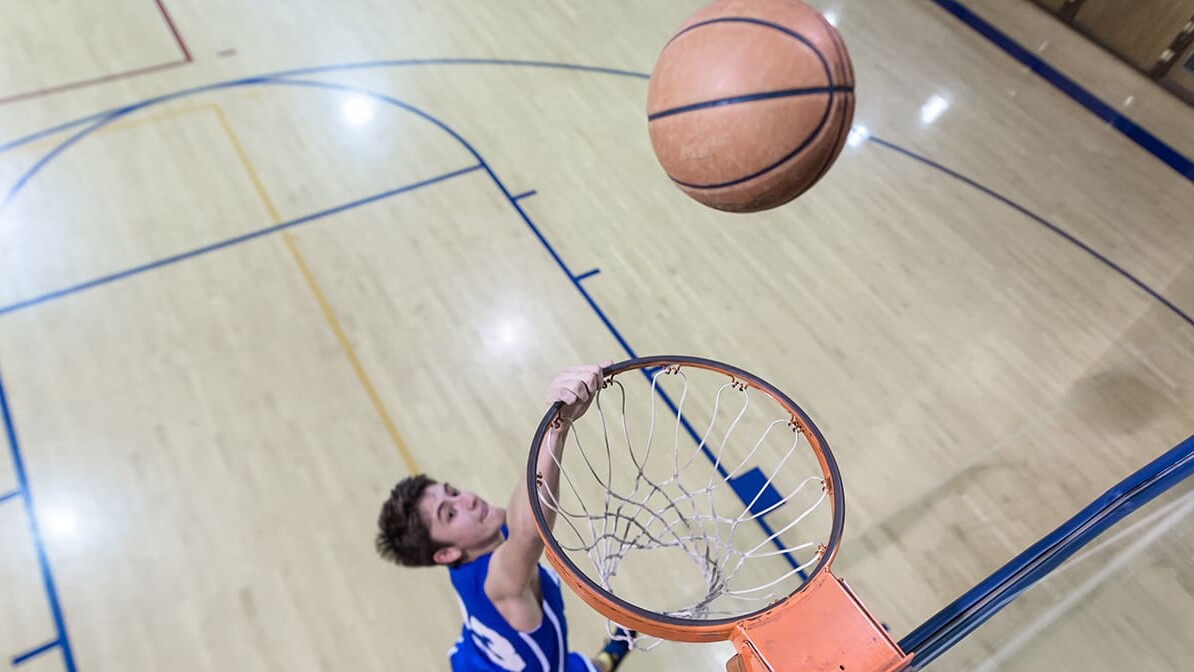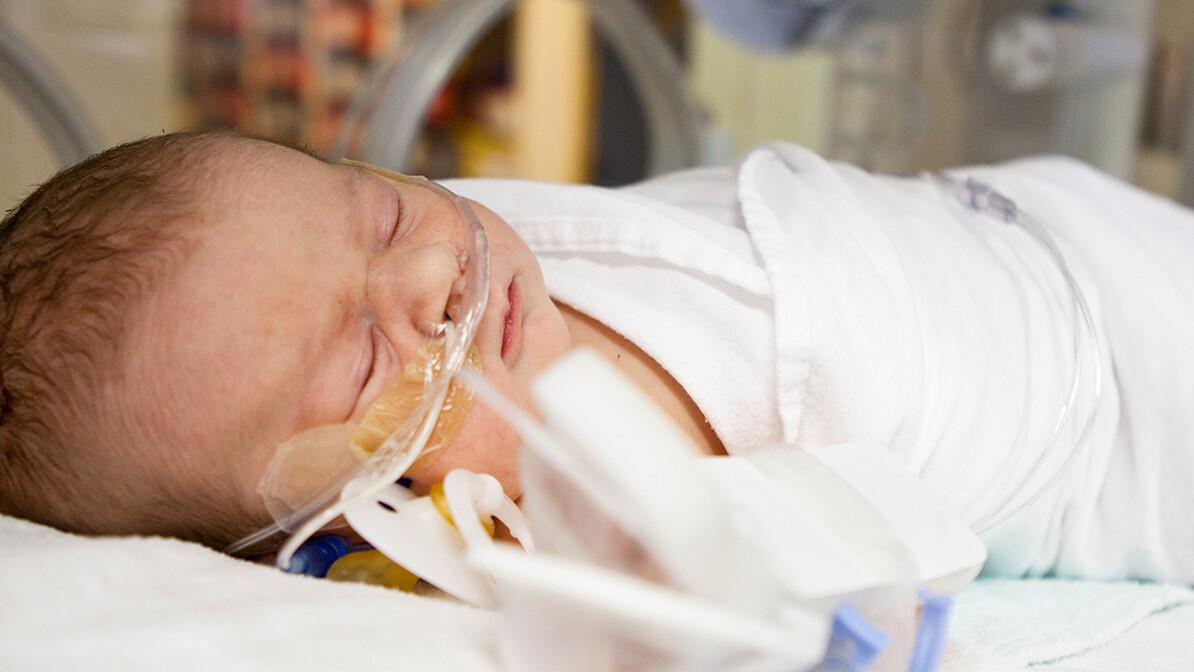Related Articles
How to Find Joy in the Midst of Sorrow
Sorrow has a way of arriving uninvited—and staying longer than we expect. Loss reshapes our lives,…
What’s Happening to Your Family?
Families around the world are facing challenges that feel heavy, confusing, and unfamiliar. This…
How to Build a Stronger Marriage
When the same arguments keep resurfacing and distance quietly grows, it’s easy to feel stuck. If…
If God Is a Loving God, Why Is There So Much Pain in This Life?
Why is there so much pain in this life? This heartfelt article wrestles with that question through…
Next Steps To Strengthen Your Walk
Inspiration Today Newsletter
Supercharge your faith and ignite your spirit. Find hope in God’s word. Receive your Inspiration Today newsletter now!
Christian Articles
Find articles to strengthen your walk and grow your faith. We have a wide range of topics and authors for you.
Submit A Prayer Request
We are here for you. Simply click on the button below to reach us by form, email or phone. Together we will lift our hearts and voices with you in prayer.






